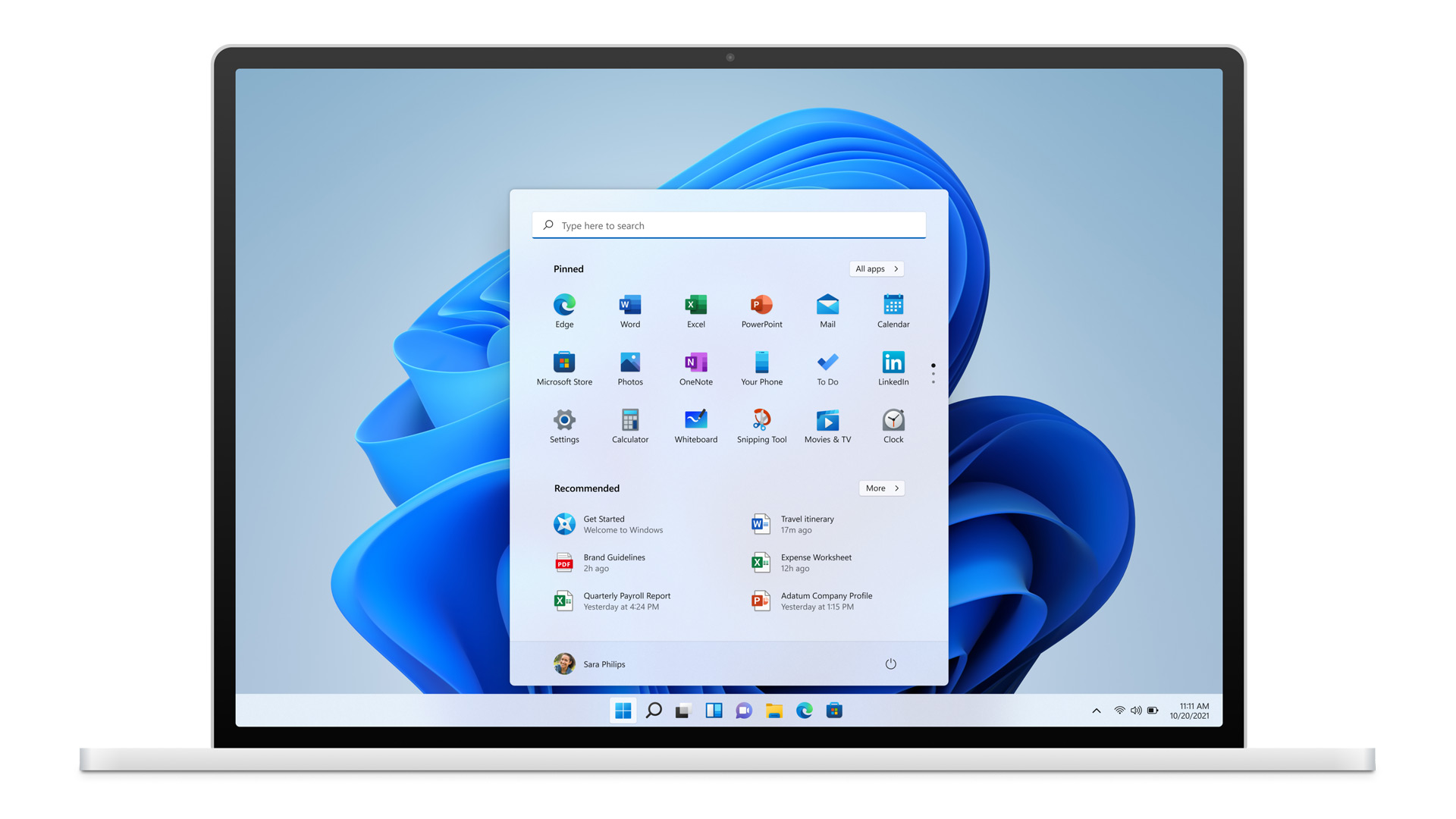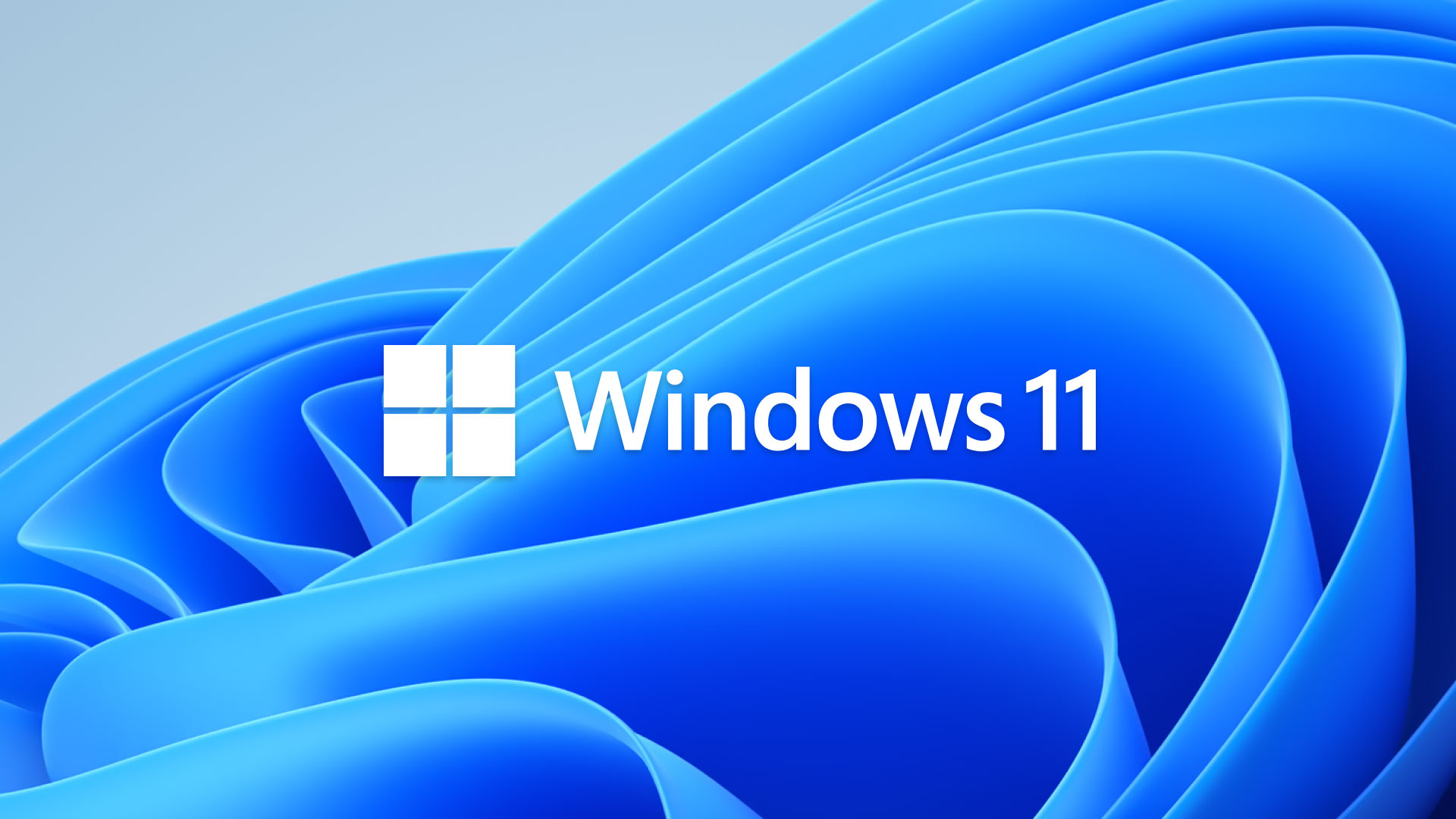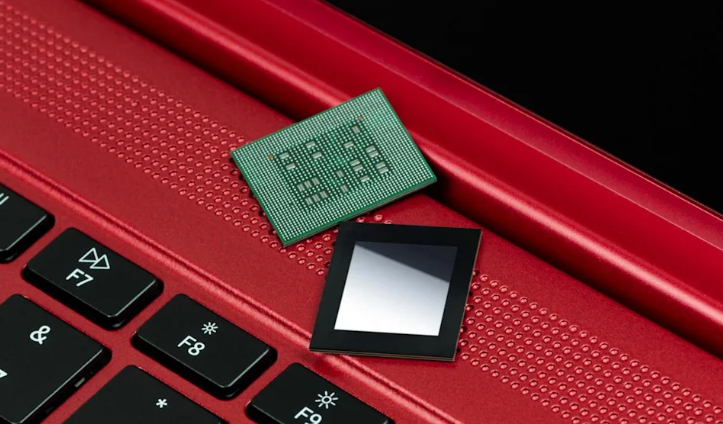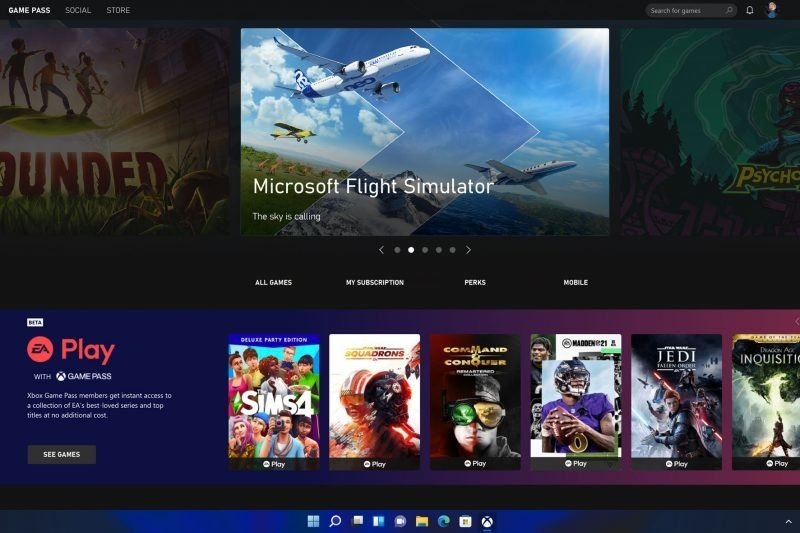Well, for what reason the Microsoft has changed system requirements in Windows 11
I consider that we can all agree this is not a subtle change. When the company first introduced its next-gen OS, it didn’t mention anything about this. All of the new requirements were discovered in documentation. It was addressed four days later in a blog post. Here is Microsoft’s exact wording for why things have changed:
Security. Windows 11 raises the bar for security by requiring hardware that can enable protections like Windows Hello, Device Encryption, virtualization-based security (VBS), hypervisor-protected code integrity (HVCI) and Secure Boot. The combination of these features has been shown to reduce malware by 60% on tested devices. To meet the principle, all Windows 11 supported CPUs have an embedded TPM, support secure boot, and support VBS and specific VBS capabilities.
Reliability. Devices upgraded to Windows 11 will be in a supported and reliable state. By choosing CPUs that have adopted the new Windows Driver model and are supported by our OEM and silicon partners who are achieving a 99.8% crash free experience.
Compatibility. Windows 11 is designed to be compatible with the apps you use. It has the fundamentals of >1GHz, 2-core processors, 4GB memory, and 64GB of storage, aligning with our minimum system requirements for Office and Microsoft Teams.
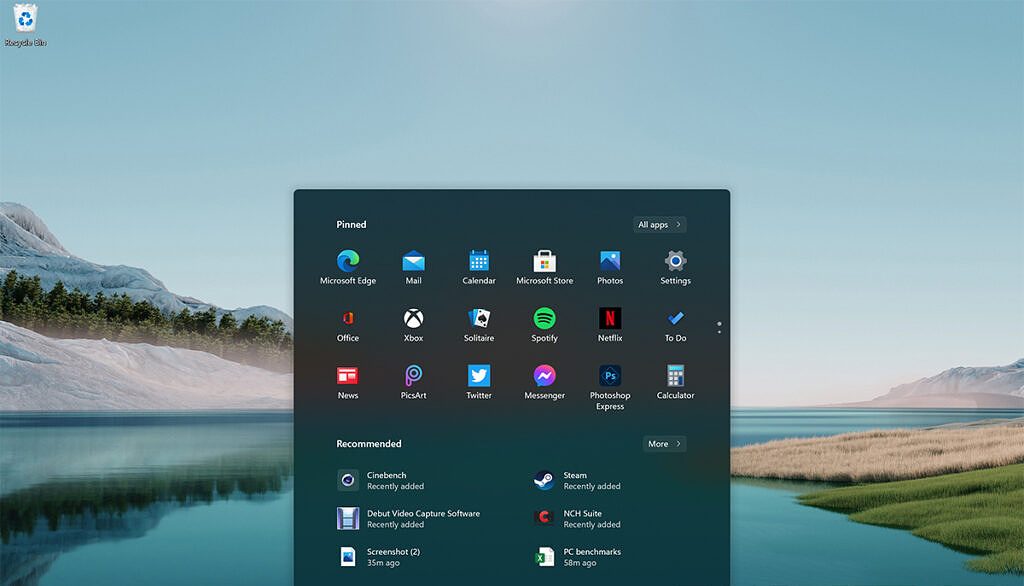
The Windows 11 system requirements could change
When Microsoft took to explaining why the system requirements for Windows 11 are what they are, it also said they could change. The blog post was clear that Intel 6th-gen and older processors, and AMD pre-Zen processors, aren’t going to be supported. However, Intel 7th-gen and AMD Zen 1 is still a possibility. Also, it certainly seems like there are workarounds for the TPM requirement.
I got no doubt they will change. Microsoft does stuff like this all the time. It announces a product with some really cool new features that have strange requirements, there’s a huge backlash, and it backtracks. Take a look back at the original Xbox One launch when the console was originally going to require an internet connection, or when Microsoft wanted to raise the price on Xbox Live Gold.
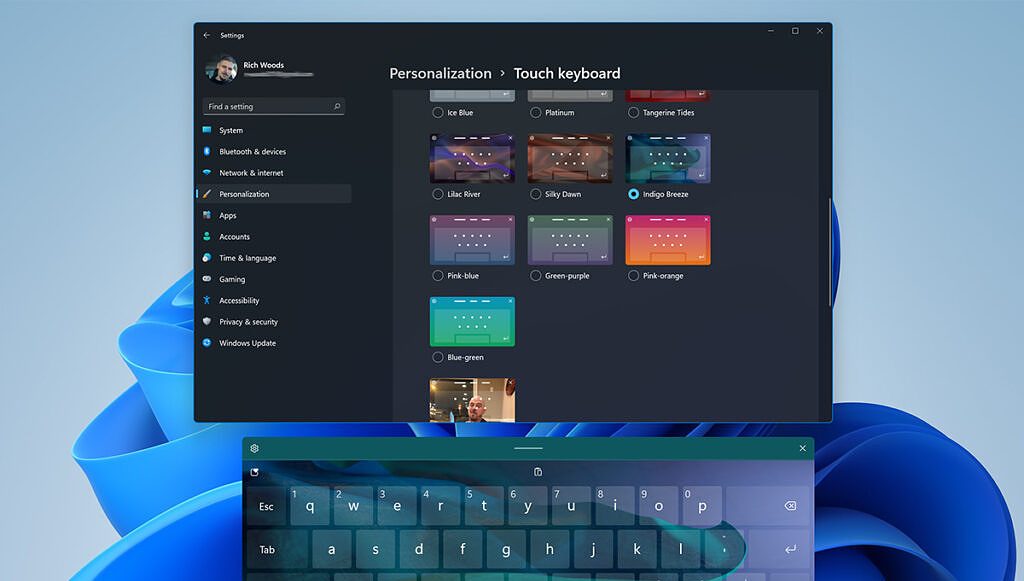
The issue is how much Microsoft will actually backtrack. It very well might only be the addition of Intel 7th-gen and AMD Zen processors. It might be more. In fact, before Microsoft posted its blog post explaining the new requirements, I had a feeling it was planning to backtrack all along.
If Microsoft had said out of the gate that 6th-gen and newer Intel processors would work, there would be outrage. And of course, there’s plenty of outrage over the 8th-gen CPU requirement. Perhaps, if the company announced the 8th-gen requirement first and then backtracked to 6th-gen, it would appear that Microsoft is ceding some ground.
Definitely, that’s just a random thought, and nothing more. I just think that by the time this holiday season rolls around and Windows 11 starts shipping, there are going to be some changes to the requirements.

